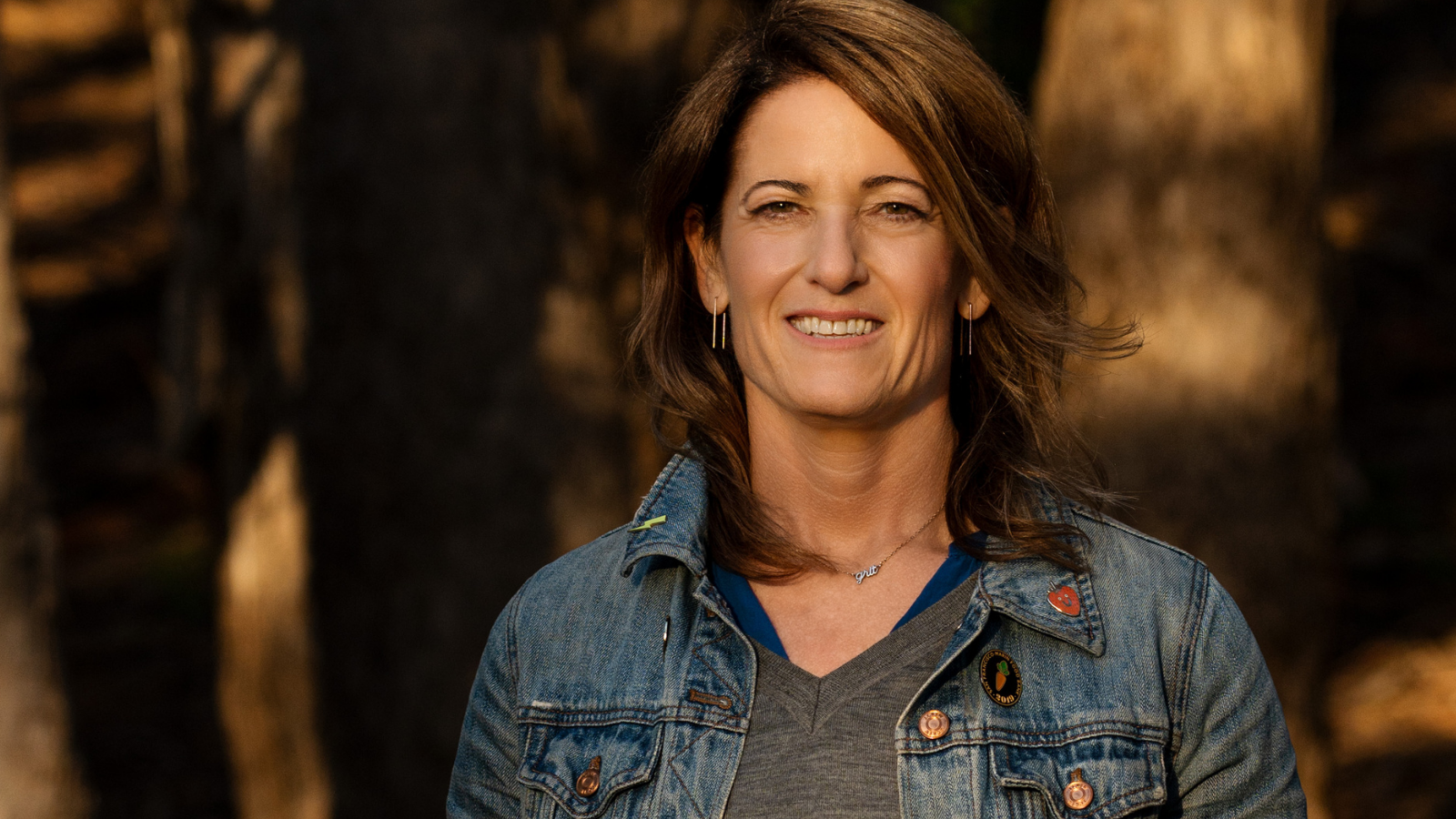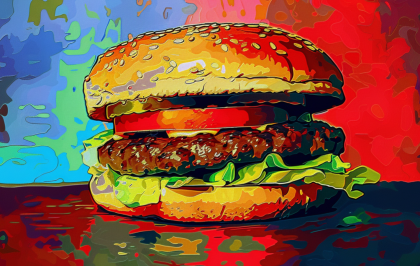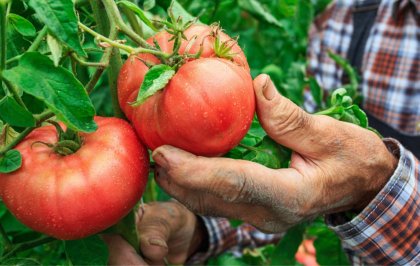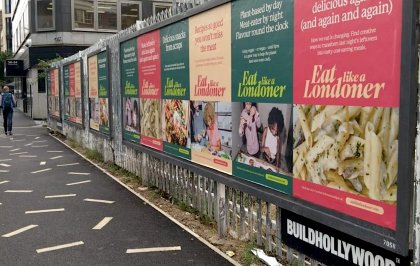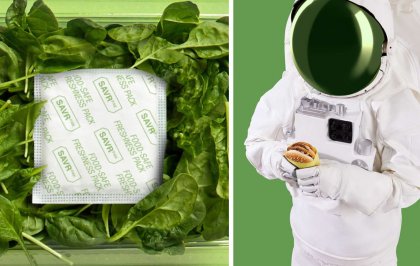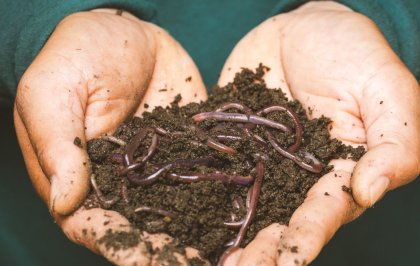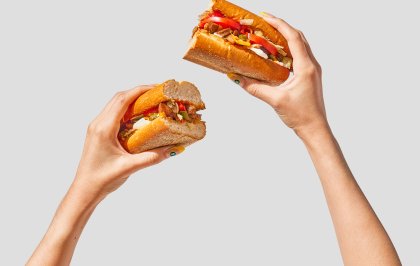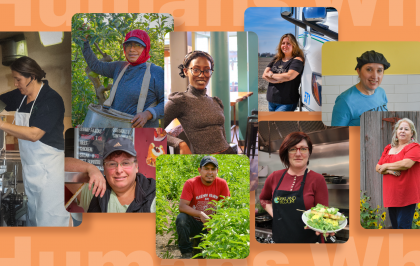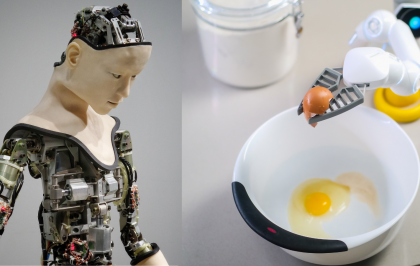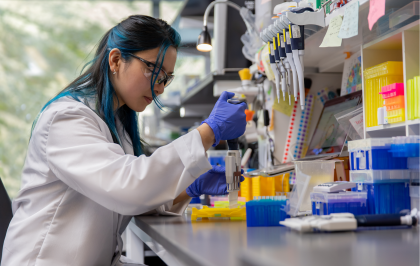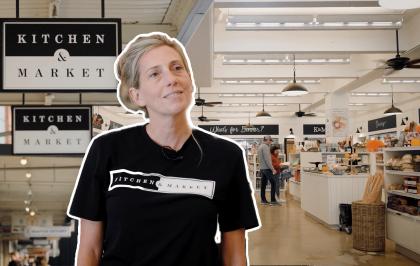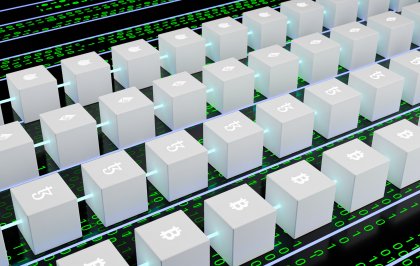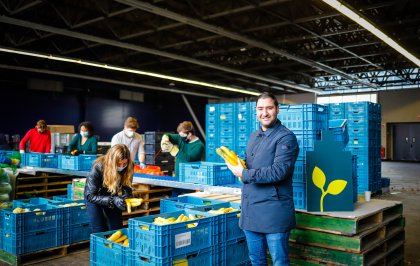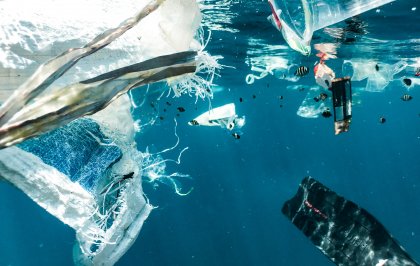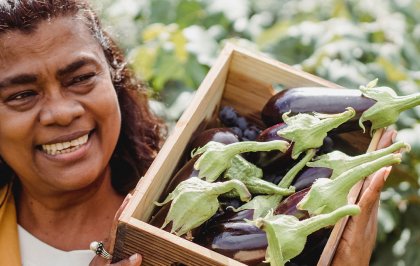With the help of scientists working in futuristic labs, we eat burgers that are sometimes difficult to distinguish from their animal predecessor. We don't need chickens to produce eggs; we may even create meat from thin air. But what do we really know about all of these New Foods being served?
Larissa Zimberoff is an author and journalist. For the past seven years she’s been covering the interplay between food, technology, and business. In her debut book Technically Food: Inside Silicon Valley's Mission To Change What We Eat, she explores the future and health of ‘New Foods’ – lab-made food – often created by start-ups that promise solutions to problems like climate change. But what if we’re losing sight of what these New Foods do to our health?
X-ray vision
“I love food. I love to talk and write about food, think about food and think about what I'm eating. But I also have type 1 diabetes, which is a burden but also my superpower. I can see through food, I have X-ray vision,” Zimberoff tells us over a Zoom call from her home in California. “I don't see a doughnut, I see what's in the doughnut, and what that doughnut might do to my blood sugar. I look at food and know what's going to happen inside my own body. In my world, foods are only as good as their primary building blocks which are carbohydrates, proteins, fat and fiber. It's a really key expertise that most people don't have.”
Zimberoff had a long career in technology as a consumer marketing professional. After being laid off a few times, she decided to pivot. So she went to grad school, got a Master of Fine Arts in creative writing, struggled to change her career, and eventually found her niche within health and food tech. “I have a passion for food and technology, and I think a lot about what ‘New Foods’ actually mean for our health and bodies.”
“A lot of companies that are developing ‘New Foods’ pitch their products by stating that they may provide a solution to big climate problems and end harm to animals via industrial agriculture. Which of course are issues that we really need to be thinking about and need to be solved. But I don't want people to forget that human nutrition is very important.”
‘New Food’ mysteries
During our conversation, Zimberoff emphasizes that the American diet has the potential to cause health issues for many. “Since the industrial era, our food system has changed so much, normalizing ultra-processed foods. The western diet of today causes health issues and we’ve seen a massive uptick in diseases. And while it’s continuing to do so, no one is stopping it. Big Food is even selling their junk food to other countries, making them unhealthy like us. And while during the past decade people have been learning more about food and health, shopping for fruit and vegetables, the pandemic has accelerated. At the same time that New Foods are created with technology, like cultured meat, we seem to know less and less about the details and their nutritional values. If we don’t solve that problem, then all these New Foods will really do nothing for us.”
Another incentive to write a book about New Foods was the growing interest from friends, family and even strangers. “I was getting more and more questions about these New Foods. Were they delicious? Had I tried them? Are they good for you?” After writing a very elaborate essay about plant-based burgers, I decided It was time for a book, because there wasn’t enough information out there. And the stuff that was out there was often written like a press release, without in-depth research or critical questions. That was disappointing. The goal of the book is to provide people with information. What do we gain and what do we lose by embracing a future of lab-made food? And even in my book, I still have questions that go unanswered. Companies won't answer them because it's intellectual property or they're filing for patents.”
The promise of precision fermentation
Out of all the companies Zimberoff has spoken to, and the New Foods she has tasted and researched, the most promising development she's found is in precision fermentation. “Precision fermentation is a technology that enables the programming of microorganisms to produce complex organic molecules, like proteins. It’s this idea of just creating singular proteins in the lab that we can use to create foods that are sort of bioidentical.”
“For instance, precision fermentation is used to make rennet, an enzyme that’s used to coagulate milk, to make cheese. Animal rennet is usually obtained from a baby calf's stomachs. But now there are a lot of companies in the food tech space that are using precision fermentation to make singular proteins. I think it's this shift from New Foods as a whole product to ingredients supporting our food system that can be very useful. Precision fermentation can form a solution to some of the complexities of the industrial scale supply chain. Still, my view is that eating whole natural foods will remain very important for our health.”
Not just one solution
What is Zimberoff’s stand on the often heard criticism that it’s not possible to feed the entire world population with local, organic, sustainable whole food? “I agree that if we all ate like you and I, as it is right now, we probably can't feed everybody. But we also know that 40% of the food that we produce doesn't make it to the people that need it and gets wasted. So, we're making plenty of food, right? We have an abundance of food, it just doesn't get to those who need it.”
In addition to redesigning the Western diet, Zimberoff hopes that startups and venture capitalists would explore food accessibility to ensure no food goes to waste. “What if all our resources went to that? And what if more resources went to helping farmers grow in regeneratively improved ways? I think the vision for the future should be hybrid, and regenerative agriculture should be just as important as food tech. I don't see the systems talking to each other.”
As our conversation comes to an end, I ask Zimberoff what her ideal food system in the future might look like. Her answer is no surprise: it should be a hybrid, where the systems of tech and whole foods come together, with an emphasis on local food. “Instead of Impossible Foods selling their standard burgers to the world, it would be great if there was an Impossible in China, and in Brazil, and Barcelona and Madrid. And then in the south of Spain, maybe there would be a different producer. And they're using local ingredients, and they're producing foods that are culturally resonant. So okay fine, maybe we still have big companies producing foods around the world, but I want there to be local solutions that are meaningful and healthy for that area”.
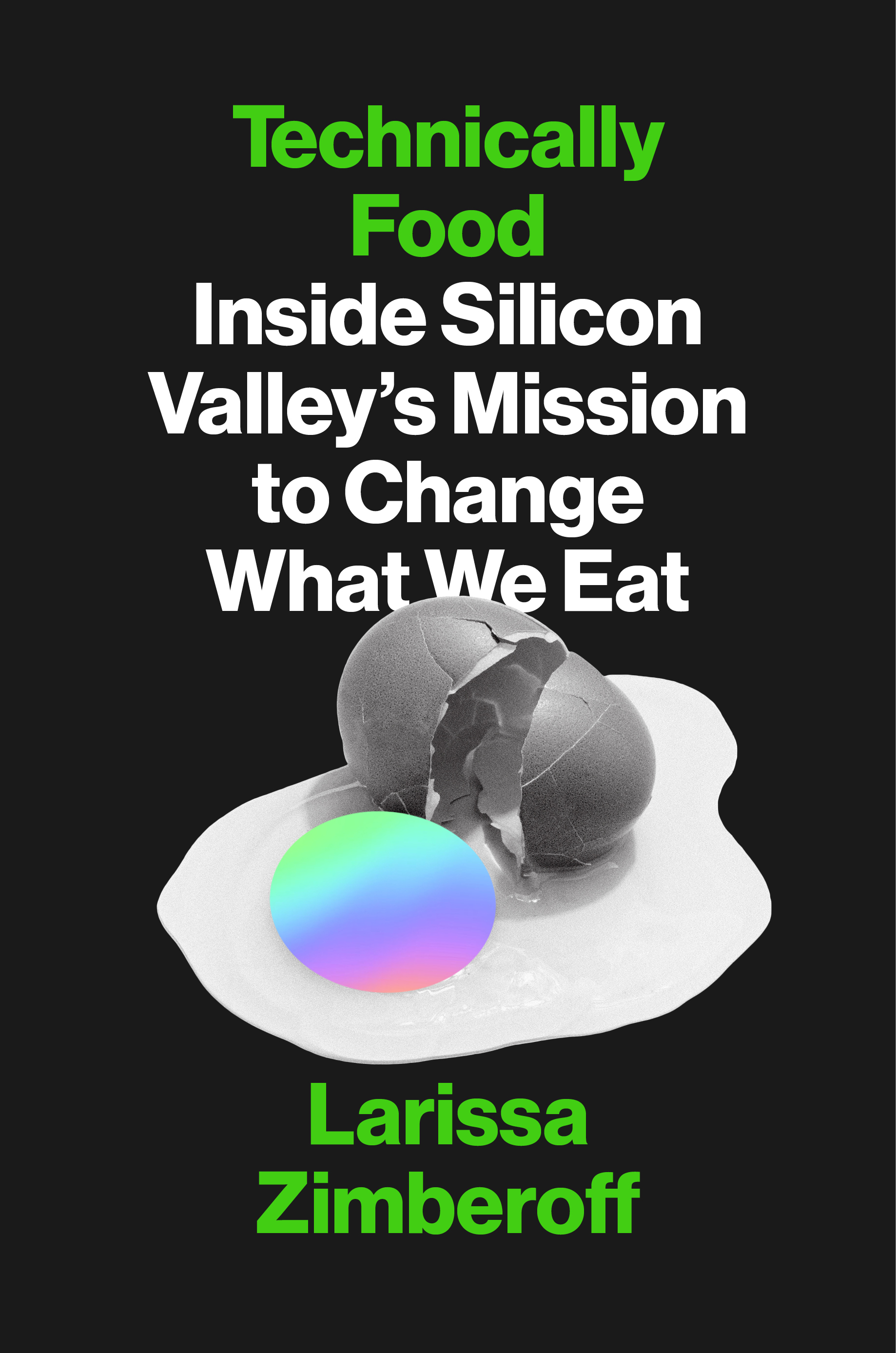
 Written by
Written by 